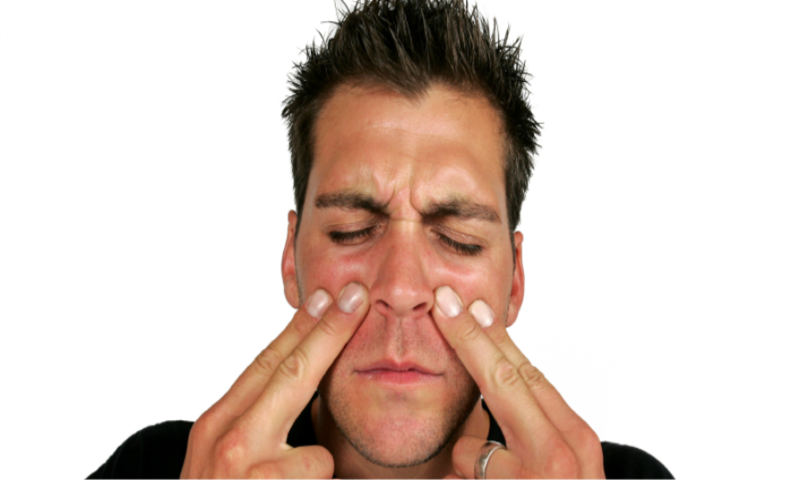[ad_1]

Nasal polyps are painless soft growths inside your nose. They’re not usually serious, but they can keep growing and block your nose if not treated.
Check if you have nasal polyps
Symptoms of nasal polyps include:
• blocked nose
• runny nose
• constant need to swallow (post-nasal drip)
• reduced sense of smell or taste
• nosebleeds
• snoring
Nasal polyps can sometimes feel like a cold. But colds tend to clear up within a few days, whereas nasal polyps will not get better unless they’re treated.
If your polyps block your sinuses (the air pockets around your nose) you may also have symptoms of sinusitis.
Treatment from a GP
A GP should be able to tell if you have nasal polyps by looking inside your nose.
If you have nasal polyps, you’ll usually be given steroid nose drops or a spray to shrink the polyps.
You may be given steroid tablets, usually for up to 2 weeks, if:
• your polyps are large
• nose drops and sprays did not work
Make sure you follow the advice of the GP about how to use your medicine and how long to take it.
Surgery to remove polyps
If there’s no sign of improvement after about 10 weeks, the GP may suggest surgery to remove your polyps.
Most people who have surgery see an improvement, but it’s common for polyps to grow back, usually within a few years.
A pharmacist can help with nasal polyps
After seeing a GP, a pharmacist can recommend:
• steroid nasal sprays that do not need a GP prescription
• saltwater washes (called a saline rinse or nasal douche) to help unblock your nose
Cause of nasal polyps
It’s not clear what causes nasal polyps.
Certain things can increase your risk of getting nasal polyps, like:
• asthma
• a bad reaction to taking aspirin
Nasal polyps are rare in children.
[ad_2]
Source link




